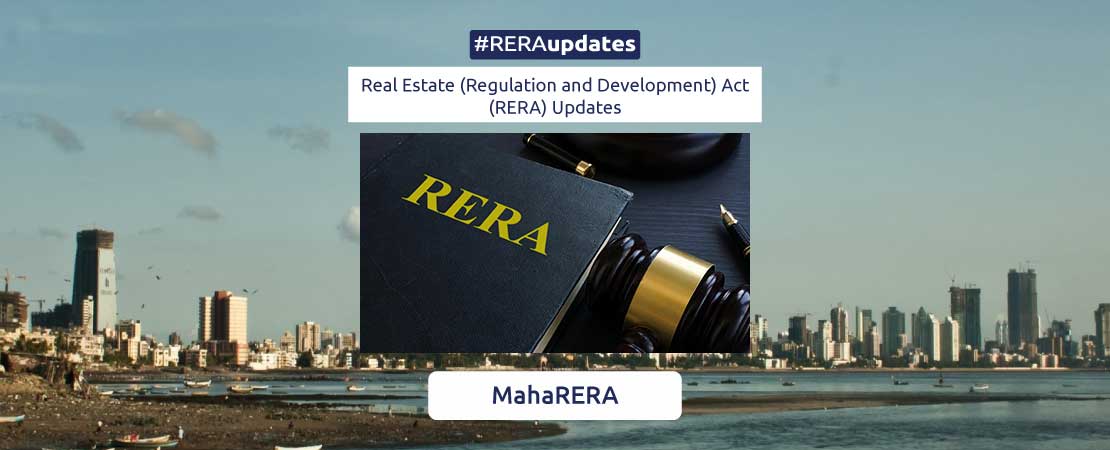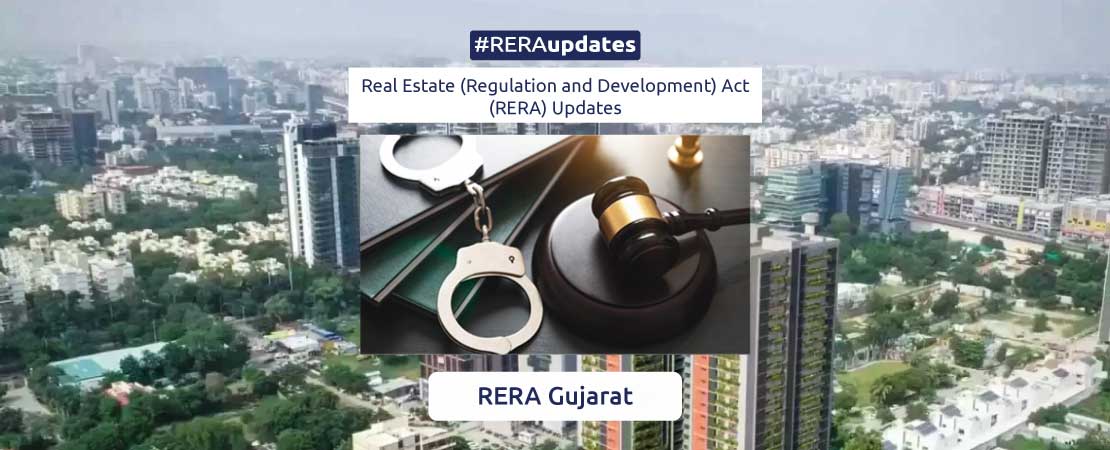Over 50 percent of the total projects registered as ‘ongoing’ with the Maharashtra Real Estate Regulatory Authority (MahaRERA) when the regulator came into being in 2017 are yet to be completed, according to data accessed by Moneycontrol under the Right To Information (RTI) Act.
About 13,246 projects were listed as ‘ongoing’ in 2017, of which 6,557, or about 49.5 percent, have been completed.
A total 36,461 projects, including the ‘ongoing’ ones, have been registered since the inception of MahaRERA, of which 9,637 have been completed.
About 3,080 completed projects are new projects with the rest being ‘ongoing’ projects.
The data reveals that out of the total completed 9,637 projects, about 1,897, or 20 percent, were completed only after getting an extension. These include 1,655 ongoing projects and 242 new projects.
Maharashtra was one of the first states where rules and all sections of the Real Estate (Regulation & Development) Act, 2016, were notified and came into force on May 1, 2017.
What is an ongoing project?
When the RERA Act came into effect, the MahaRERA had asked all new and ongoing projects to register without which they could not market, sell or get approvals.
All ongoing as well as under-construction projects which had not received completion certificates had to get registered with the regulatory authorities within three months, i.e, July 31, 2017.
Further, projects with a plot size of a minimum 500 square metres or eight apartments also came under the purview of the Act. MahaRERA had also levied a penalty on developers of ongoing projects who did not adhere to the deadline set for registering the ongoing projects.
What is a new project?
A new project that is starting afresh and has come into existence after the MahaRERA became effective on May 01, 2017. All such projects launched after RERA Act came into effect have to register their projects with MahaRERA in order to market or sell units in them.
As per the data, about 63 percent or 23,215 projects out of the total 36,461 registered, as of June 2022, are new projects.
What’s the solution for the completion of ongoing projects?
Gautam Chatterjee, retired IAS officer and first chairman of MahaRERA, said, “We got these 13,000 ongoing projects registered within a period of two to three months after MahaRERA got into action from May 2017. The whole point is these are the legacy projects that are stuck due to several problems for whatever reasons they might be. Around 4,500 projects that are lapsed but we need to look at around 2,000 odd projects where the buyer’s money is involved and try getting them back on track.”
Chatterjee added, “We have to make efforts to ensure that these projects are completed by imposing sections 7 and 8 of RERA Act that allow taking over of the projects that are stuck. I know that the MahaRERA has recently launched a vertical for stalled and lapsed projects where they need to be analysed and measures should be taken to ensure they are completed.”
Chatterjee said that one of the few measures could be involving all the stakeholders, including financial institutions, in taking the project ahead apart from the association of allottees when they take over the project. But this would require amendments in the Act, and they should be done after carefully analysing the projects that have lapsed or are stalled.
A senior MahaRERA official not wishing to be named said, “It is true that the majority of the stalled projects are those that were registered as ongoing projects. We are in the process of appointing investigators who will go on projects where we suspect that a significant amount of the money is spent, but no groundwork is evident. The plan is to get things moving in the coming months. Out of the total lapsed projects, we are aiming and focusing on 900 odd projects where the pushing by the regulator might work in favour of the buyers.”
Lapsed projects vertical
MahaRERA chairman Ajoy Mehta on June 22 announced the formation of a dedicated vertical on lapsed or stalled real estate projects to get these projects moving by either the existing developer taking it ahead or buyers taking over the project or by roping in a new developer.
“We have verticals for grievances, complaints, registration, adjudication, and administration. Similarly, this vertical will be for stalled projects. If we have to look essentially at stalled projects, out of 4,500 stalled projects, 1,500 do not have bookings. Out of the 3 lakh apartments that are stuck, 1.28 lakh do not have bookings. My focus is on stalled projects where there is money from homebuyers involved. The approximate worth of stuck projects is expected to be Rs 78,000 crore. We will tackle money from banks and financial institutions at a later stage,” Mehta was quoted as saying.
When is a real estate project declared lapsed?
Every project registered by a developer with MahaRERA is given three to four years for completion, which is considered a reasonable time, followed by the issuance of a registration number for the project.
A search on the MahaRERA website using this number will throw up all details relating to the project. The registration number is to be published by the developer in every advertisement or promotion activity related to the project.
However, a project is termed as ‘lapsed’ when the timeline given for completion is not met, and the developer has not applied for an extension. Once the registration of the project is declared ‘lapsed’, the developer cannot advertise, market, book, sell or offer to sell, or invite persons to invest in these projects. Such projects cannot be registered by the registrar of the revenue department.
Source: https://www.moneycontrol.com/news/business/real-estate/mc-exclusive-over-50-projects-tagged-ongoing-since-maharera-still-await-completion-9206841.html










